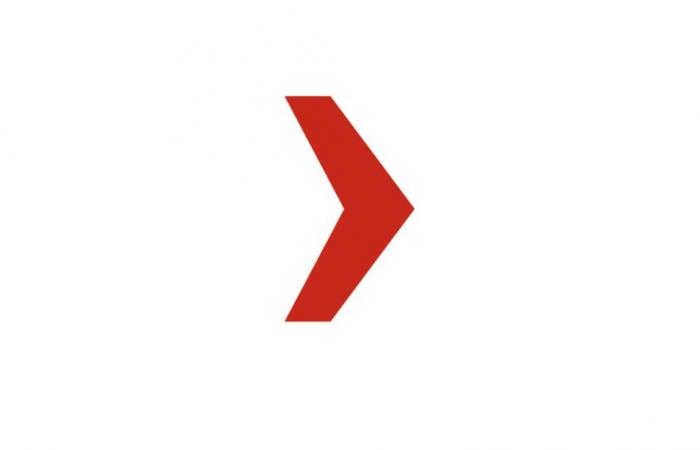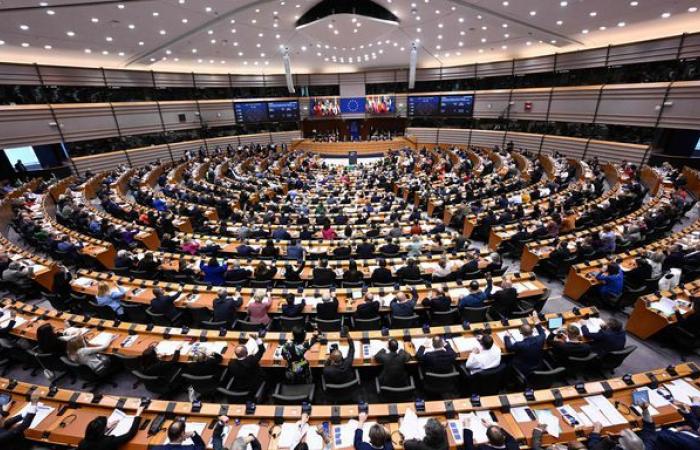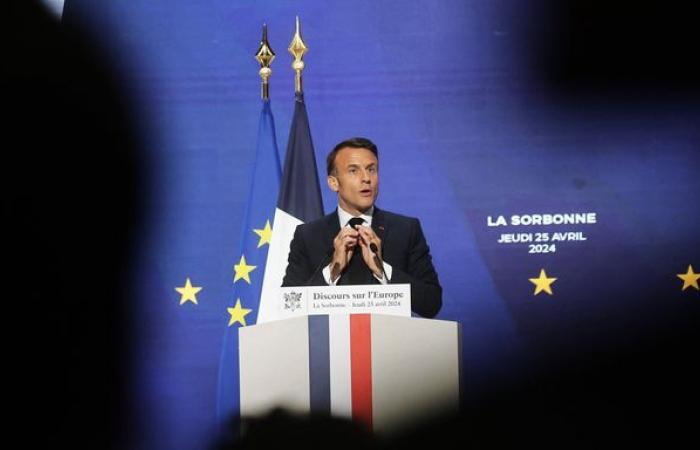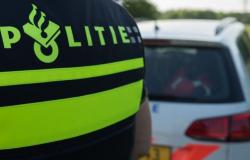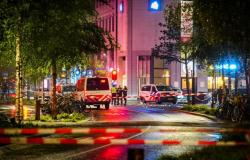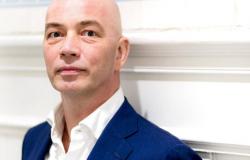European VVD party leader receives critical questions about the formation in the Netherlands
For Malik Azmani, the VVD’s party leader for the European Elections, the campaign for June 6 is currently all about writing and explaining the cabinet formation in the Netherlands. How is it possible, his opponents asked him on Friday at the first debate between six European party leaders in Nieuwspoort, that he says he never wants to collaborate with radical right-wing parties, while the VVD is sitting at the negotiating table with the PVV here in The Hague?
“I want to work with parties that want to strengthen Europe,” is Azmani’s regular answer to this question. “But do different rules apply to the Netherlands?” GroenLinks-PvdA party leader Bas Eickhout asked him back. Azmani says he has no conscience about this. He makes a distinction between cooperation between pro-Europe parties in Brussels and Europe-critical parties in the Netherlands such as the PVV. “You must do justice to the election results within the national context. I’m further away from that. I don’t see that cooperation in Europe.”
Also read: VVD member Malik Azmani: ‘Collaborating with the extreme right in Europe is unimaginable’
At the moment that six leading candidates for the European elections debated with each other in the Nieuwspoort press center in The Hague, PVV leader Geert Wilders spoke in Hungary at the conference for radical right-wing parties – “in the polonaise with Viktor Orbán”, Gerben-Jan said. Gerbrandy from D66 that. That is dangerous, according to Gerbrandy, who in the debate opposite Azmani started at least three times about the cooperation of the VVD with the PVV in the Netherlands.
The VVD party leader had to withdraw earlier as candidate chairman of the European partnership Renew because that liberal family also has major objections to the negotiations between VVD and PVV. Azmani seemed annoyed that he always had to answer for the anti-European attitude of Wilders’ party. “I am not from the PVV.” The PVV’s party leader for Europe, Sebastiaan Stöteler, was not present at the debate in Nieuwspoort, although he was invited.
The six party leaders present were largely in agreement about the most threatening issue hanging over the European continent – the bellicose attitude of Russian President Putin. Ukraine needs widespread support to win that battle. The idea is that this would also guarantee the future security of Europe.
For the time being, support to Ukraine mainly consists of more material military support: anti-aircraft systems, ammunition – not yet troops. To this end, the Netherlands and other European member states should quickly work towards the NATO standard of 2 percent for national defense expenditure.
The SP is also in favor of support for Ukraine, but has a less militaristic approach. “We support Ukraine to defend itself,” said party leader Gerrie Elfrink. “But we should not end up in a new arms race. Now I mainly hear the language of the arms industry.” The SP hopes that Russia and Ukraine will soon be prepared to negotiate. “Real security in Europe starts with peace.” The other parties dismissed this position of the SP as “naive”.
Also read: Who can you vote for in the 2024 European elections?
Macron in speech: intervene now to keep Europe viable
French President Emmanuel Macron gave a speech on the future of Europe on Thursday morning. In his country this was seen as an attempt to get the campaign for the European elections of his Renaissance party out of the doldrums, but the Élysée denies that the speech is part of the European campaign. In the polls in France, the radical right Rassemblement National is leading and the third party, the Socialists, is dangerously approaching Renaissance.
According to Macron, fewer rules, more investments and better partnerships are needed to keep Europe viable. The successive shocks that Europe has suffered in recent years with the corona pandemic, global trade conflicts, the war in Ukraine and the flare-up of populism have exposed weaknesses of the European Union and, according to the French president, action must be taken now.
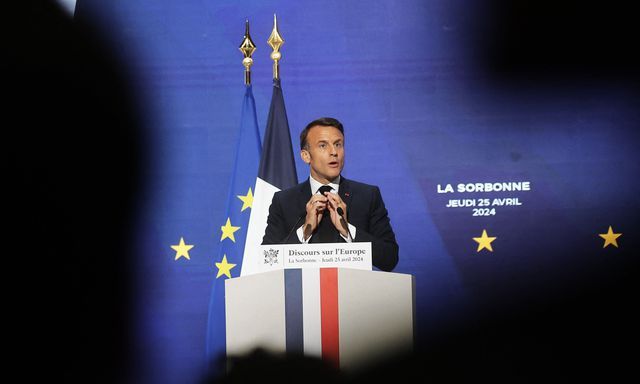
Read the full analysis here: Macron: Europe could become extinct, it depends on our choices
Welcome to this blog about the European elections
Once every five years, the residents of the European Union elect a new European Parliament. This year the elections are from Thursday 6 to Sunday 9 June, each country chooses on which day the elections take place. In the Netherlands this is on June 6, but the results will not be announced until Sunday evening, June 9, when polling stations are closed in all Member States.
In all 27 Member States, a total of approximately 400 million people can vote for a candidate from their country. The elected MEPs then join their party in a European faction of parties with the same political beliefs.
The European Parliament now has 705 members, after the elections there will be slightly more: 720 members. The number of MEPs per country is determined based on the population, taking into account a minimum of 6 members and a maximum of 96 members per country. The Netherlands now has 29 MEPs and will be represented by 31 MEPs after the elections.
/s3/static.nrc.nl/wp-content/uploads/2024/04/19104711/web-2304BUI_verkiezingeneu.jpg)
Also read: Who can you vote for in the 2024 European elections?

